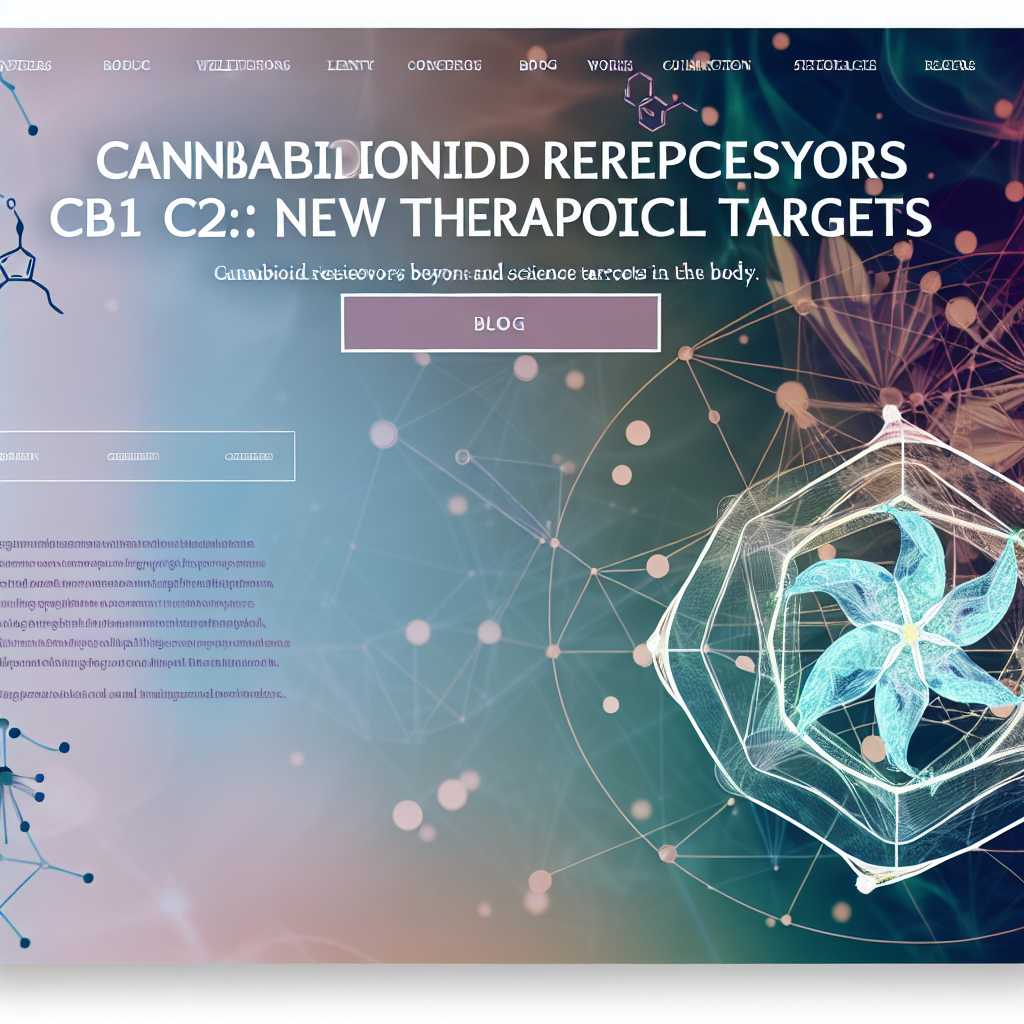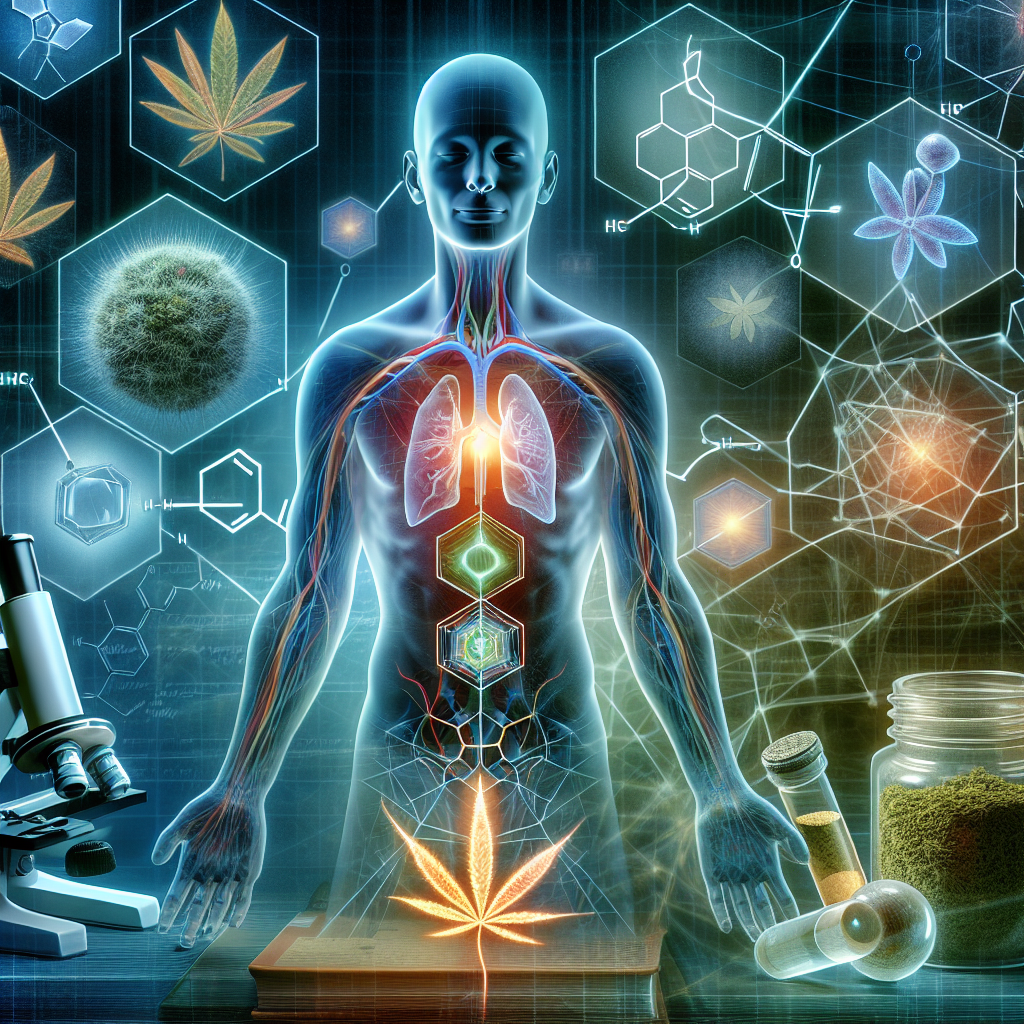Here is the cleaned up and expanded WordPress blog article:
Hemp-Derived THC vs. Dispensary THC: Chemical Analysis Reveals the Truth
Published: [Insert Date] | By: [Your Name or Blog Name]
In recent years, the legal cannabis landscape has evolved dramatically, introducing new product categories that blur the line between federally legal hemp-derived cannabinoids and state-regulated dispensary-grade marijuana. One of the most compelling debates arising from this evolution centers around THC—specifically, hemp-derived THC as compared to marijuana-derived THC sold through licensed dispensaries.
While both yield similar psychoactive effects, both consumers and cannabis professionals are beginning to question: is there a difference between these two sources of THC at the molecular level? And how do factors like safety, potency, consistency, and legal status come into play?
The 2018 Farm Bill created the legal foundation for the explosive growth of hemp-derived cannabinoids. It legalized hemp and its derivatives as long as the final product contains less than 0.3% Δ9-tetrahydrocannabinol (Δ9-THC) by dry weight. This gave rise to a new wave of THC analogues—delta-8, delta-10, and even chemically converted delta-9-THC—synthesized from CBD extracted from legal hemp. These cannabinoids are sold widely online, in convenience stores, and in smoke shops, often without the rigorous regulatory oversight seen in state-licensed dispensaries.
Meanwhile, cannabis sold in medical and adult-use dispensaries is subject to strict quality control measures, lab testing standards, and state-imposed cultivation regulations. Dispensary products typically feature naturally occurring Δ9-THC directly extracted from cannabis plants, boasting consistent cannabinoid profiles, terpenes, and documented lab results.
Despite their identical molecular structures, critics argue that hemp-derived THC may not be created equal. The concern lies not necessarily with the THC molecule itself—since a delta-9-THC molecule is chemically identical, regardless of whether it was made in a lab or extracted from a marijuana plant—but rather with the synthetic processes used to derive THC from hemp CBD and the absence of regulatory oversight on these conversion methods. Assertions of residual solvents, inconsistent dosages, and potentially harmful byproducts have prompted researchers and regulators to take a closer look.
As cannabis and hemp industries continue to merge and compete, it’s critical for both consumers and professionals to understand what sets these categories apart. Through chemical analysis, medical research, and regulatory insight, we uncover the real differences and potential implications of choosing hemp-derived THC over dispensary-sourced THC.
Unmasking the Differences: Production Methods & Chemical Compositions
The crux of the debate surrounding hemp-derived THC vs. dispensary THC lies in their production methods and chemical composition. Although delta-9-THC derived from hemp and from marijuana are chemically identical, the methods used to arrive at the end product vary substantially and can significantly impact product safety and efficacy.
Dispensary-grade THC, predominantly delta-9-THC, comes directly from cannabis plants through methods such as CO₂ extraction, ethanol extraction, or mechanical separation (like kief or rosin pressing). These methods preserve a spectrum of cannabinoids and terpenes while minimizing potential contaminants. Additionally, these products undergo state-mandated third-party lab testing for potency, heavy metals, pesticide residues, microbial contamination, and solvent residues, ensuring consumer safety.
In contrast, hemp-derived THC, particularly products featuring delta-8 or chemically converted delta-9-THC, are often synthesized from cannabidiol (CBD) extracted from hemp. A common process involves dissolving CBD isolate into a solvent and applying an acid catalyst to induce a molecular rearrangement. Chemical studies, such as the 2022 investigation published in ACS Chemical Health & Safety, reported by the American Chemical Society, raised concerns about these conversion processes. The study found that byproducts formed during CBD-to-delta-8 conversions included olivetol, p-cymene, and other unknown compounds, which have no established safety profiles. (Journal Link)
More troublingly, the lack of oversight for many hemp-derived THC products means that these contaminants often go unchecked. A 2021 investigation by the U.S. Cannabis Council tested 16 delta-8 products and found that none met the purity and safety standards required for cannabinoids sold in regulated dispensaries.
Pharmacology & Psychoactive Effects: Is Experience Really the Same?
From a pharmacological standpoint, both hemp– and marijuana-derived THC bind to the same CB1 receptors in the endocannabinoid system, producing similar psychoactive effects. However, cannabis professionals caution that the “entourage effect” seen in dispensary cannabis—where THC works synergistically with a broader range of cannabinoids and terpenes—may be absent in chemically converted hemp-derived THC. This lack of complexity could affect the user’s overall experience and therapeutic benefits.
Additionally, many hemp-derived THC products reach the market lacking proper labeling, dosage reliability, and transparency about their ingredients or byproducts. This inconsistency raises red flags for medical users, children, or anyone seeking predictable therapeutic outcomes.
The FDA has also taken note, cautioning consumers about delta-8-THC products. In 2023, they issued warnings to several companies for making unapproved claims and producing cannabinoid products with uncertain safety profiles. (FDA Update)
Hemp vs. Dispensary THC: Trust, Safety, and The Road Ahead
Ultimately, while the THC molecule may be identical whether derived from hemp or marijuana, the entourage of chemicals involved—or left behind—during production can make all the difference. Consumers reliant on consistent, lab-tested, and therapeutically beneficial cannabis products should weigh these differences carefully.
Without universal regulatory standards, hemp-derived THC products remain largely unmonitored. Until changes are made at the federal level to regulate the hemp cannabinoid market, licensed dispensaries continue to offer the best assurance in terms of product safety, potency, and consumer transparency.
References
- ACS Chemical Health & Safety. “Chemical Analysis of Delta-8 THC Products,” American Chemical Society, 2022. Read the Study
- U.S. Cannabis Council. “Independent Lab Tests Show Delta-8 Product Quality and Safety Concerns,” 2021. View Report
- FDA Consumer Updates. “Cannabis or Cannabis-Derived Products: What You Need to Know,” 2023. Read the Update
- U.S. Farm Bill, Agriculture Improvement Act of 2018. View Bill
Disclaimer: This article is for informational purposes only and does not constitute medical or legal advice. Always consult with a healthcare professional before using THC-containing products.
Summary:
The legal cannabis landscape has evolved, introducing new product categories that blur the line between federally legal hemp-derived cannabinoids and state-regulated dispensary-grade marijuana. One of the most compelling debates centers around THC – specifically, hemp-derived THC vs. marijuana-derived THC sold in dispensaries. While both produce similar psychoactive effects, there are important differences in their production methods, chemical compositions, and regulatory oversight that impact safety, potency, and consistency. Consumers should carefully weigh these factors when choosing between hemp-derived and dispensary-sourced THC products.




